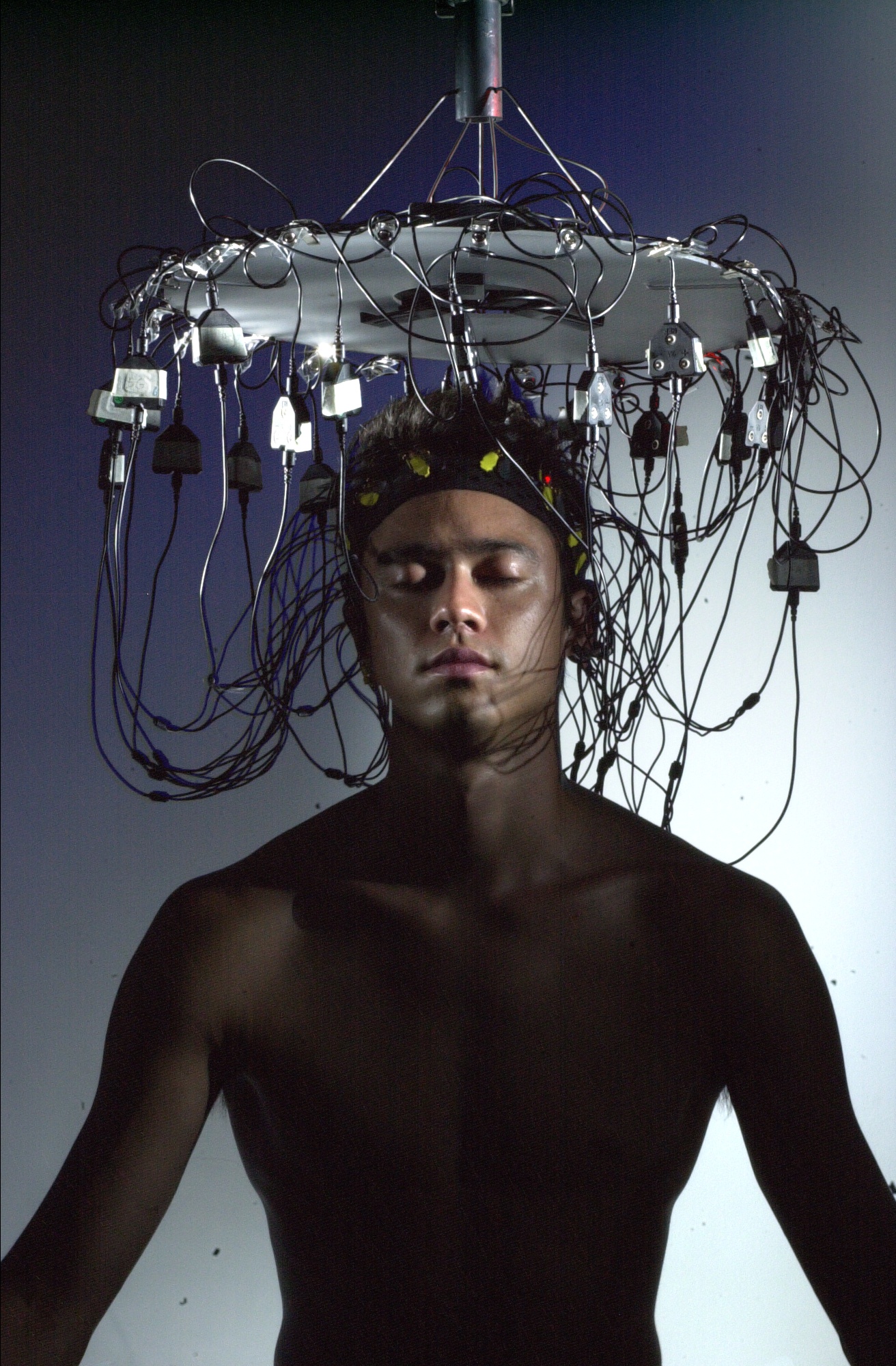Process Communication Model (PCM): Personality Types
Understanding others has a lot to do with collaboration, performance management, and building effective teams. Developed by Taibi Kahler in the 1970s, Process Communication Model (PCM) is a prominent psychometric tool for individual and team… Process Communication Model (PCM): Personality Types




